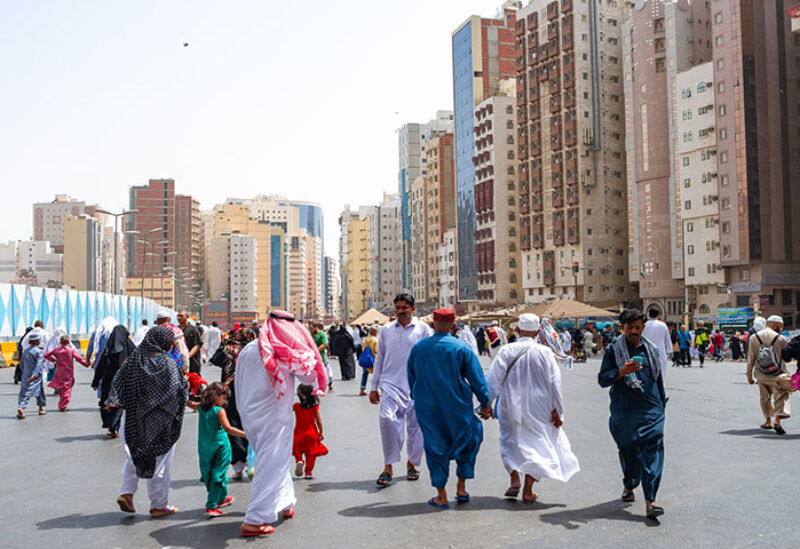
Saudi Arabia
Saudi Arabia has been rated by an International Monetary Fund (IMF) mission as mostly positive for its economic response to the COVID-19 pandemic, praising a 13 percent increase in female workers and financial support measures for businesses.
The IMF statement showed that the Saudi unemployment rate is falling and projected GDP growth of 2.1 percent for 2021 and 4.8 percent in 2022, an improvement from 2020’s contraction of 4.1 percent.
Saudi Arabia’s Ministry of Finance welcomed the Staff Concluding Statement of the 2021 Article IV Mission, with minister Mohammed al-Jadaan saying it “reaffirms the success of the Kingdom’s government in achieving positive results and tangible successes during the most challenging year for the whole world.”
The IMF said: “The authorities responded quickly and decisively to the COVID-19 crisis and the economic recovery that is underway is expected to continue.”
Fiscal, financial, and employment support programs provided by the government and central bank helped soften the impact of the pandemic on businesses and Saudi workers, the report said.
Growth in non-oil GDP in Saudi Arabia is projected at 3.9 percent in 2021 percent in 2022, compared to a 2.3 percent contraction in 2020, according to the IMF.
Unemployment among Saudi nationals rose to 15.4 percent in Q2 of 2020 before falling to 12.6 percent in Q4 2020.
In order to secure the recovery and encourage more growth, Saudi Arabia needs to increase spending on the social safety net for low-income households to help offset the impact of an increase in VAT and removal of cost of living allowances last year, said the IMF.
Improvements in fiscal transparency by publishing more detailed information in budget documents are needed, according to the IMF. At the same time, market infrastructure and regulation has improved to allow foreign investors to directly trade in domestic debt instruments, and liquidity in the sukuk (Islamic bond) market is increasing.
Public sector investments can help to boost new sectors with their large purchasing power, leading to more opportunities for private entities, but the public sector should take care not to crowd out private companies, the IMF added.
Rapid reforms allowing more women to enter the workplace, as well as improvements to the Kafala sponsorship were welcomed.
Saudi women now make up for more than 33 percent of the country’s local workforce, which the IMF says will help to boost productivity, growth, and household incomes.